Get Prepared. Here’s Severe Weather Advice
Get Prepared. Here’s Severe Weather Advice
Where to find information about severe weather
It’s always a good idea to check the weather forecasts using the best weather app to prepare for outfits, outdoor activities, and upcoming hazards.
For complete information and severe weather forecasts for wherever you are, visit goweatherforecast.com. You can find weather now, hourly and 3 days, 5 days, 7 days weather forecasts at your fingertips.
Severe Weather Advice
-
Clearing ice and snow
Make sure the area is safe
The most important thing when it comes to clearing ice and snow is to make sure you make it safer for people who use these areas. If it's going to cause danger, don't clear it in the first place. Though people who use the area have a responsibility to be careful themselves, you should also take great care.
Severe weather advice for snow
Clearing ice/snow checklist
Below is the severe weather advice you should follow to safely clear the areas:
-
You should start early as fresh snow is easier to shovel and move
-
Shovel off the top layer of snow so that the sun can melt what's below, but make sure you cover any ice with salt to stop it from refreezing.
-
After clearing up snow, spread some dishwasher salt, sand, or ash on it.
-
Be especially careful when you are clearing some high-risk areas like steps and slopes.
-
Avoid using hot water as it may refreeze later and create black ice, which is even more dangerous.
-
Don’t pile snow where it might block access to other places.
-
Flooding: how to prepare, cope and clean up
Flood is also based on a number of factors including rainfall, topography, flood-control measures, river-flow. It poses a threat to people’s lives and the environment. If you feel you live in a community with a high risk of flooding, it’s essential to get in mind severe weather advice to avoid unexpected consequences.
Preparing for a flood
Follow these steps if you think that you might be at risk of flooding:
Switch off gas, electricity, and water
We highly recommend you ask your supplier for advice if you are unsure about how to turn off your gas, water, or electricity. To make it easier for you to remember which taps and switches to turn off, you can mark them with stickers.
Severe Weather Advice: How to prepare for a flood?
Check your home insurance
Why do you need to check your home insurance policy?
-
To confirm you are covered for flooding
-
Find out if damaged belongings will be replaced with new ones
If you live in a rented house, one of the most useful severe weather advice is to contact your landlord to get a good sense of the insurance package.
Get flood protection products
Buying special ‘flood protection’ products which can help stop flooding damage to your home and belongings. They help:
-
Save your property from water
-
Reducing damage to walls, floors, and fittings
-
Speed up the clean-up process
To use these products properly and effectively, you are advised to follow the manufacturer’s instructions.
Below are some critical products:
-
Sandbags: Using sandbags is one of the severe weather advice as they help you protect your home during a flood. But, supply could be limited so it’s best to buy your own sand and bags in advance. Alternatively, you can have pillowcases and plastic bags filled with earth.
-
Floorboards: They are useful in fixing frames around windows and doors.
-
Plastic covers: They are used to seal air bricks that are designed to allow air to circulate through the building. Plastic covers will prevent water from coming in through your air bricks in a flood. Remember to eliminate them the flood passes over.
Severe weather advice: Get flood protection products
Before a Flood
When getting a warning about a food issued by Emergency Services, it’s necessary to follow these and severe weather advice:
-
Keep emergency supplies to hand.
-
Move valuables to the safest place in your home.
-
Put all electrical appliances on the raised platform.
-
Draw the curtains and close windows to protect against wind.
-
Use sandbags to protect doorways and low-level vents.
-
Tell family, or friends the place that you’re going to stay during the extreme weather
-
Keep your car away from trees and high walls.
-
Has your pet kept by someone who is not at risk of flooding?
-
Install water-resistant hardwood flooring or tiles with waterproof adhesive if you live in a high-risk flood area.
During a flood
The best severe weather advice for a flood is to stay home and keep to the safest part of the building – away from windows.
Listen to the radio, TV, or social media to stay up to date with warnings.
Stay inside if you don’t really have to, and make sure your family and friends know where you are going and how long you will be.
Remember to turn off the electrical supply if your property is starting to flood, or if you are being told to evacuate.
After a flood
Your home has been flooded. Although floodwaters can descend in some areas, dangers persist. Here are a few things to keep in mind in the coming days:
-
Keep away from damaged areas if your assistance has not been specifically requested by a relief organization.
-
Get announced by contacting the States of Jersey Police to know if it’s safe to return to your property or to return home ( If you have been evacuated).
-
Speak to your insurance company to find out if they will organize professional cleaners to clean up your home. This is important severe weather advice you should keep in mind.
-
A flood may cause emotional stress. So, make sure to rest often and eat well to stay healthy.
-
Make sure to get everything cleaned and disinfected as mud left from floodwaters can contain sewage and chemicals.
Severe weather advice is certainly useful for you
Check your electricity supply and electrical appliances if they are damaged
-
Check that the electricity supply has been switched off at the mains.
-
Get a qualified person to turn the electricity off if you are not sure to do this.
-
Keep yourself away from sources of electricity while standing in floodwater.
-
Have a qualified electrician check any electrical appliances that have come into contact with floodwater checked.
Stay safe while cleaning up
Remember to wear protective clothing when you clean up after a flood to save yourself from contaminated floodwater. You’ll need to disinfect anything that comes into contact with it.
You should always:
-
Wear a waterproof jacket, face mask and trousers,, and rubber gloves when cleaning up.
-
Wash your hands and handled items with disinfectant if you have been in contact with floodwater.
-
Cover open cuts or wounds on exposed skin with a waterproof plaster.
-
Another severe weather advice: Throw away any food that is potentially infected.
Eliminate floodwater
When the water level outside is lower than inside, you can start using a pump to get rid of the water.
Cleaning surfaces
It is necessary for you to do an initial clean to disinfect all surfaces that have come into contact with the floodwater. You’ll need to wash all contaminated clothing and bedding at a high temperature.
Drying out
After getting the heating system checked by a qualified engineer, you can use your central heating to help dry out the house. To speed up the drying process, you should open as many windows and doors as possible. If you’re going to use a dehumidifier to get rid of water, you will need to close external doors and windows.
Severe weather advice after a flood
-
Severe weather advice: Strong winds and storm
Strong wind weather can lead to a number of possible risks as follows:
-
Loss of power
-
Disruption to travel
-
Fallen trees
-
Damage to property
Fortunately, there are several things that you can do to prepare for such risks.
Severe weather Advice for road users during strong winds
It is crucial for all road users to pay attention to any road signs and temporary arrangements put in place during strong winds.
Windy weather can blow vehicles, especially high-sided ones. This can happen on the road that is exposed to strong crosswinds.
In very windy weather, large vehicles can affect a vehicle by creating turbulence. So motorists are advised to keep well back from them when they are overtaking a high-sided vehicle, as well as drive with care.
Before a storm
A storm brings a number of serious hazards to both humans and the environment. Thus, to stay safe in this extreme weather, you should take the time to read severe weather advice.
Here is what you can do to prepare for strong wind:
-
Keep your property in a well-maintained and safe place.
-
Fasten objects like ladders, garden furniture to save it from being blown around.
-
If you're planning to travel, remember to check with the Ferry Company or Airline if there are any delays or cancellations.
-
Close doors and windows.
-
Keep vehicles clear of trees, walls, and fences.
-
Make sure to get prepared if there is a power cut.
Preparing for a power cut
In the event of severe weather, the chances of power cuts are high. So, you should be well prepared for that. Here is what to do:
-
Get to know the placement of your household fuses and trip switches so that you can check if the problem is with your electrics only.
-
Test smoke alarms regularly.
-
Keep torches and radios full of batteries to check updates.
-
Keep mobile phones, laptops fully charged. This is important severe weather advice.
-
Have the telephone numbers you might need to hand to easily stay in touch during any disruptions.
-
if you have a baby at home, make sure you have a supply of pre-prepared formula baby milk (if used) and prepare a flask of hot water to heat bottles and baby food (it is always safer to make up a fresh feed; when this is not possible, feeds should never be stored for longer than 24 hours).
Severe weather advice for a storm
Severe weather advice during a storm
-
Avoid going out as much as possible.
-
If you have to go out, never shelter close to buildings and big trees.
-
Do not go outside to repair damage during the storm.
-
Avoid driving if your journey is unnecessary.
-
After a storm, Neither touch any electrical cables that have been still hanging nor walk too close to walls, buildings, and trees.
If your electricity goes off
If your electricity goes off, you here is useful advice for extreme weather:
-
Check your fuses and trip switches to know if your neighbors have the same problem.
-
Leave your fridge turned on with the door shut to maintain the temperature.
-
Check that other electrical appliances and machinery are switched off at the wall.
-
Preferably use a torch or gas lamp as a source of light. If you must use naked flames, make sure that they are extinguished before you go to bed.
-
Be careful about carbon monoxide poisoning if you are using a generator. This is one of the most noteworthy severe weather advice.
After a storm
A storm can have a dramatic emotional impact. Being aware of certain risks will minimize the threat to you.
Keep these tips in mind:
-
Stay updated to weather news, important announcements, instructions, medical aid, and other forms of assistance, such as food, water, and shelter.
-
You may not get immediate access to your home. Emergency rescue crews or other personnel may be attending to special needs.
-
Severe weather advice: Don’t drive when roads may be blocked.
-
Avoid entering a storm ravaged area if unnecessary.
-
Get all gas lines checked for leaks before using matches in a storm ravaged area.
-
Avoid leaving the power on if there is flooding present.
-
Keep away from downed or damaged trees as they can contain power lines.
-
Use a camera to record thoroughly any damage done to your home before any repairs are attempted.
Conclusion
We hand-pick severe weather advice that is certainly helpful for you. Remember, keep yourself updated with weather news and weather forecasts to know what to do next. Equipped yourself with these tips to stay safe during extreme weather days.
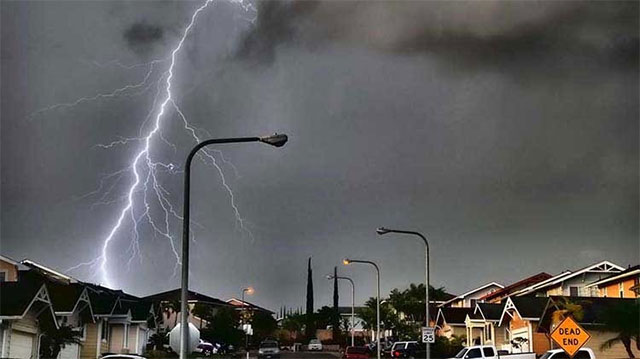
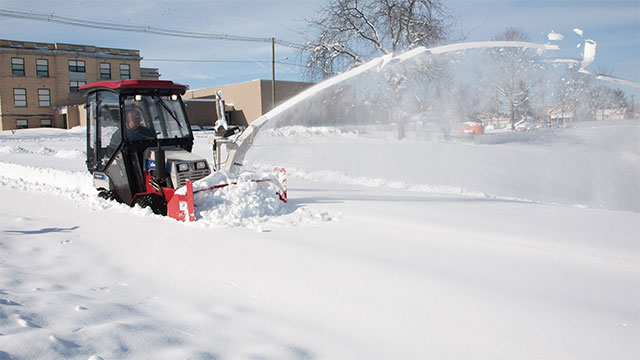
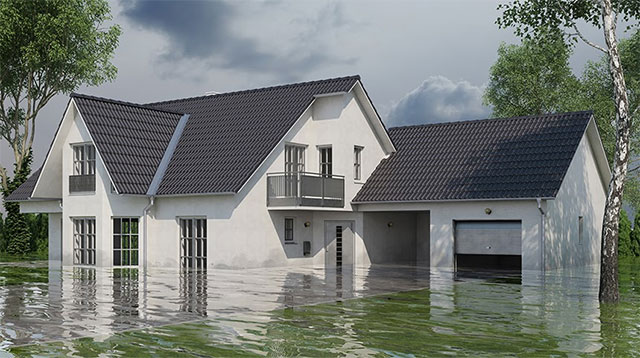
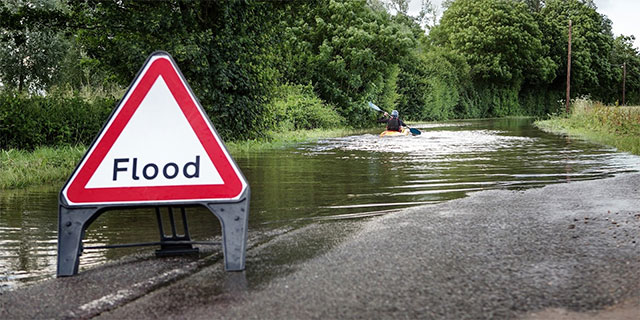
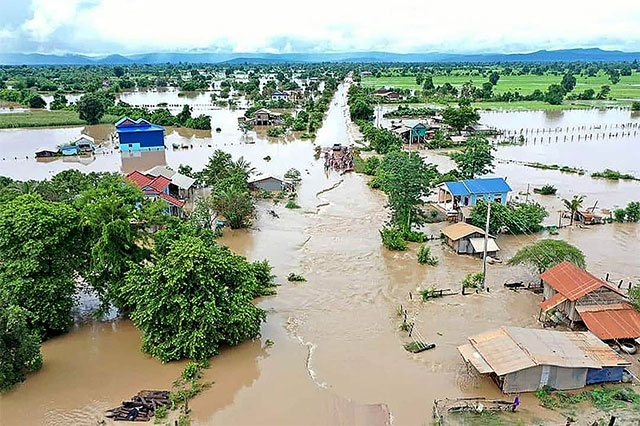
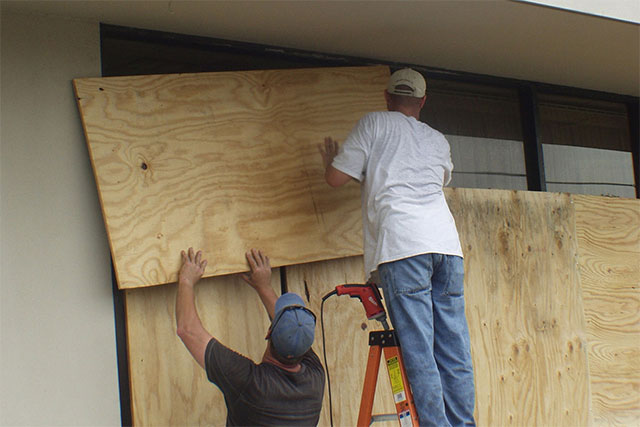
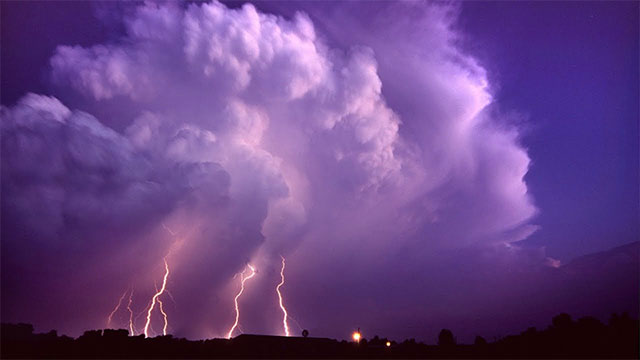
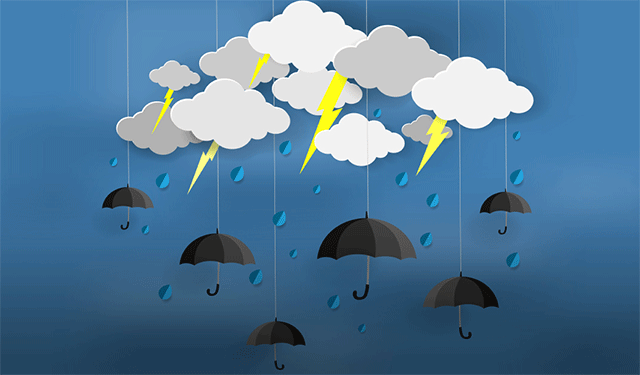








0 Comments
Leave a Comment
Your email address will not be published. Required fields are marked *